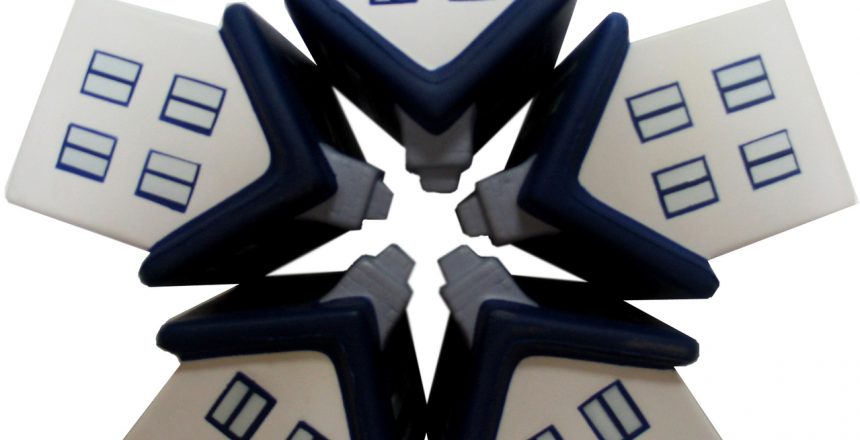
The team at Freehold Sale speaks with freeholders and leaseholders on a daily basis. Worryingly, we often find that many of them don’t fully understand the differences between the two. What is more concerning is that many of these people are not aware of the legalities and responsibilities of being a freeholder or a leaseholder.
A freehold property is usually a house, bungalow or similar, and as the freeholder you will have an outright ownership of the property and the land on which it stands. A leasehold property is usually a flat or apartment for which you own a lease but not the land on which the property stands.
A freeholder is also known as a landlord and a leaseholder is also known as a tenant. As a leaseholder, you will have entered into a legal agreement with the freeholder, commonly known as a lease. The lease will commence from a set date and will expire after a period of years set out in the lease, normally granted with 99 years, 125 years or in some cases even 999 years.
Owning a freehold comes with many responsibilities and you should ensure that you research this before committing to any decision to become a freeholder. For example, there are many different types of notice that you are required to serve to your tenants for different circumstances such as when you take ownership of the freehold or if you wish to sell the freehold. Not complying with the law can leave you in a difficult position and can allow the tenant to begin legal action against you.
Maintenance and insurance are certainly two points worth being aware of. Most of the freeholds that we own are those where the landlord is responsible for arranging the buildings insurance and maintenance to communal areas. We arrange the insurance and any works then we invoice the tenants individually for their share. Luckily, most of our tenants are good at paying their rent and the insurance bills however, some of them don’t pay us on request, or even at all. This can be extremely time-consuming, costly, and stressful – especially if you are a private freeholder with a main job to focus on.
As a leaseholder, you will have to abide by the terms of your lease which includes the payment of ground rent paid each year to the freeholder. The ground rent value will be clearly stated in your lease and may increase as the lease term lowers. Failure to pay your ground rent may result in a breach of your lease and could allow the freeholder to take legal action against you – and possibly to begin forfeiture proceedings to claim the property from you.
As a leaseholder, you should understand the covenants in your lease as to not risk breach of the terms and any legal actions which may follow as a result. If you are not aware of the terms of your lease it would be advisable to obtain a copy from the legal representative who helped you acquire the property or to download a copy from Land Registry.
The lease term is an important factor to consider when buying a leasehold property. If the lease has fewer than 80 years remaining, you may find that some banks will be cautious to offer you a mortgage. It would be advisable to ascertain the likely costs to renew the lease and this can be obtained from the freeholder, often for a cost. The lower the lease, the more expensive to extend. The more expensive the property, the more expensive it is to extend.

Adam has worked in the property sector for 20+ years. He specialises in the ground rent and freehold reversion space, providing services to clients from private landlords to corporate investors. Freehold Sale launched In 2013 where Adam enjoyed success building and managing freehold portfolios with partner companies.